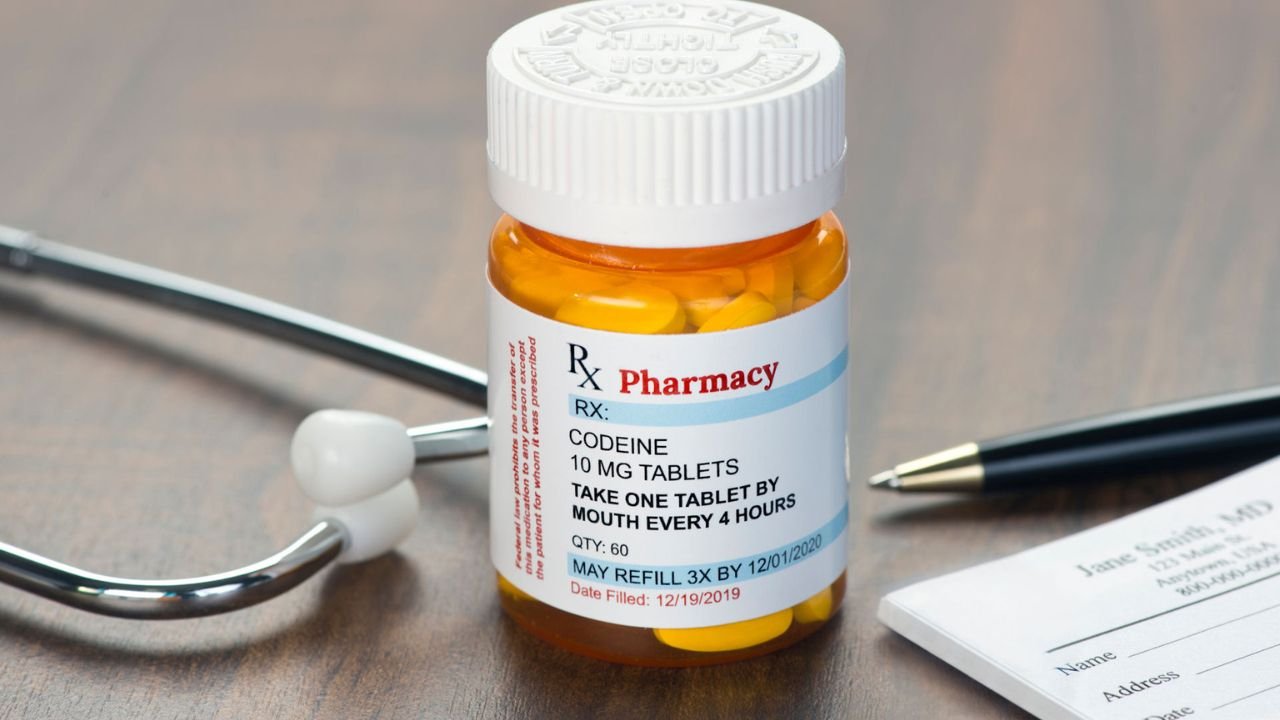Recognizing when to seek treatment for co-codamol (a combination of codeine and paracetamol) addiction is crucial for health and recovery. Co-codamol is often prescribed for pain relief, but it carries a risk of dependence and misuse, especially when taken in higher doses or over extended periods.
When to Seek Co-codamol Addiction Treatment:
- Loss of Control Over Usage
- You find yourself taking more than the prescribed dose.
- You continue using co-codamol despite no longer needing it or after your pain has subsided.
- You feel unable to stop or cut back on use despite wanting to.
- Physical and Psychological Dependence Signs
- Experiencing withdrawal symptoms such as sweating, nausea, anxiety, restlessness, or irritability when not taking the drug.
- Cravings or intense urges to take co-codamol.
- Developing a tolerance, requiring higher doses to achieve the same effect.
- Impact on Daily Life
- Neglecting responsibilities at work, home, or school due to drug use.
- Continuing use despite negative consequences, such as relationship problems or health issues.
- Using co-codamol in risky situations, like while driving or operating machinery.
- Health Concerns
- Experiencing liver damage or other health problems related to paracetamol overdose.
- Noticing symptoms of overdose, such as difficulty breathing, confusion, or loss of consciousness.
- Failed Attempts to Quit
- Trying to stop or reduce use on your own but being unable to do so.
- Increasing doses or frequency despite intentions to cut down.
- Co-occurring Mental Health Conditions
- Struggling with anxiety, depression, or other mental health issues worsened by or contributing to substance use.
- Using co-codamol as a way to self-medicate emotional pain.
- Legal or Social Consequences
- Facing legal issues related to misuse or possession.
- Social withdrawal or deterioration of relationships due to drug use.
Why Seek Professional Help?
- Safe Detoxification: Managing withdrawal symptoms safely with medical supervision.
- Personalized Treatment Plans: Combining therapy, counseling, and possibly medication-assisted treatment.
- Addressing Underlying Issues: Treating underlying mental health conditions or trauma contributing to dependence.
- Reducing Risks: Preventing overdose, liver damage, or other health complications.
Summary
If you notice any signs of dependence, experience health problems, or find it difficult to control your co-codamol use, it’s essential to seek professional addiction treatment. Early intervention can improve outcomes, reduce health risks, and support your journey toward recovery.
